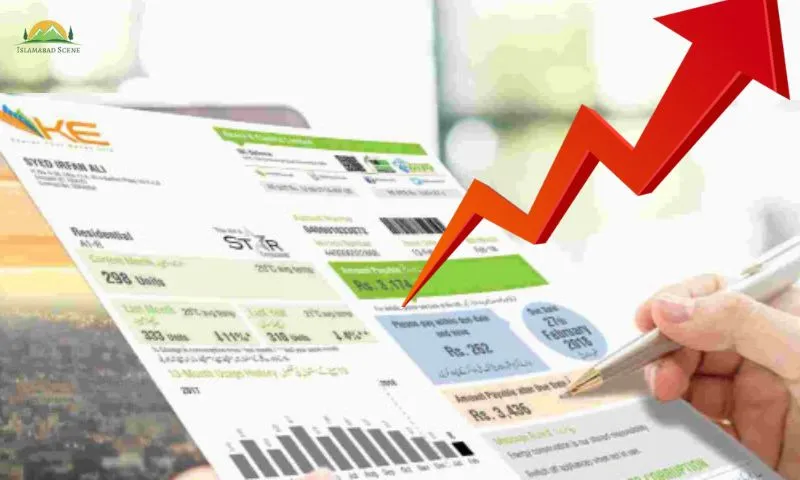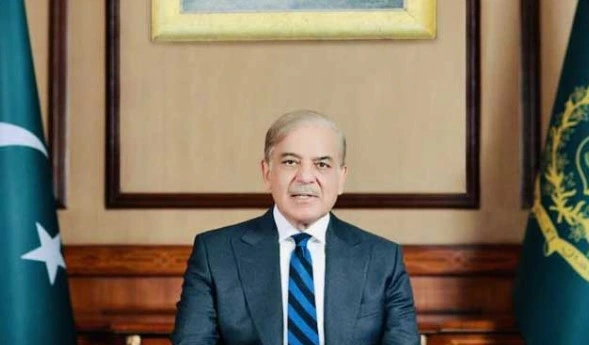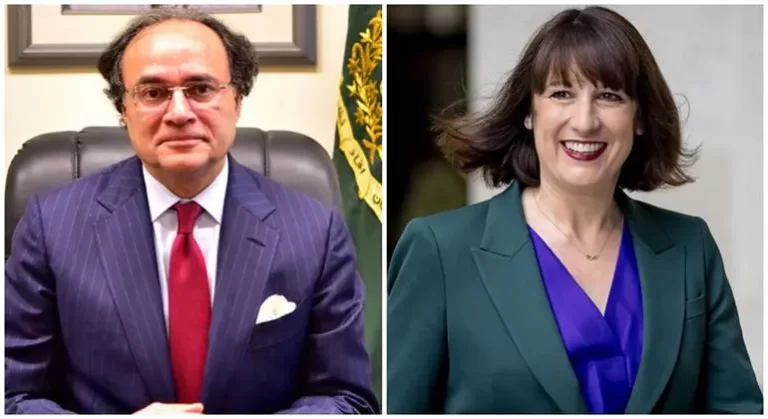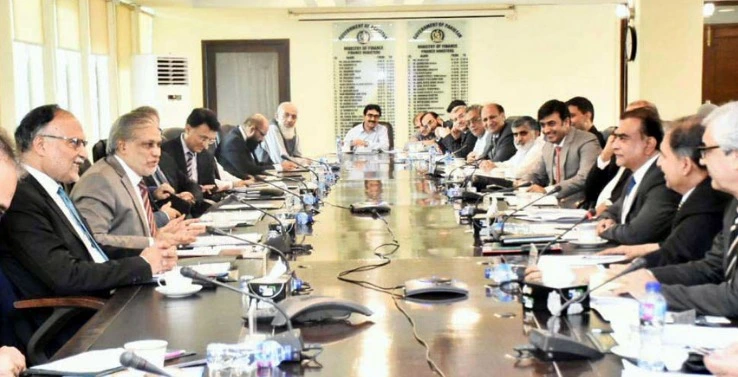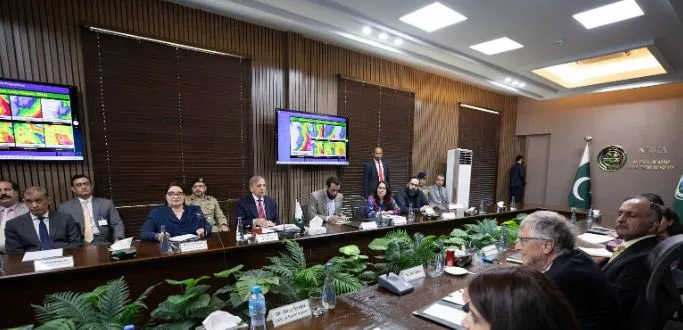Another Overbilling Scandal Exposed
Staff Report: The National Electric Power Regulatory Authority (NEPRA) has uncovered another overbilling scandal involving power distribution companies (DISCOs), revealing that consumers were overcharged between April and June 2024.
This follows a similar incident where multimillion rupees were unfairly charged to consumers in July and August 2023, which has yet to be reimbursed.
According to NEPRA’s latest report, all distribution companies, including K-Electric, were implicated in the recent overbilling.
The regulator has demanded explanations from these companies and announced that it will issue directives to rectify the situation. Customers who were billed for lower-than-actual electricity consumption from April to June 2024 will receive adjustments. FIA Tasked To Launch Crackdown against Overbilling
Those who have not paid their inflated bills will not face late payment surcharges (LPS), and customers who have already paid with LPS will be compensated.
To address systemic issues, NEPRA has mandated the immediate replacement of faulty meters. Furthermore, all DISCOs, including K-Electric, must strictly follow the consumer services manual for accurate meter readings. A compliance report on these measures is expected within 30 days.
In a related development, NEPRA recently held a public hearing to consider an additional charge of Rs2.63 per unit in August bills, attributed to fuel charges adjustment (FCA) for June 2024.
The hearing, chaired by NEPRA Chairman Waseem Mukhtar, highlighted a significant increase in electricity production from imported LNG in June, despite a 10% decrease in consumption compared to the reference period.
Mukhtar emphasized the importance of a logical approach to expanding the national grid, noting the rising adoption of solar energy, particularly in the industrial sector.
He also pointed out inconsistencies in solarization policies between the federal and Punjab governments. NEPRA member Rafiq Sheikh stressed the need for careful consideration before extending Independent Power Producer (IPP) agreements, especially given the high cost of electricity and diminished public trust in institutions.
During the hearing, it was revealed that the cost of generating electricity varied significantly depending on the energy source, with LNG costing Rs26.32 per unit and furnace oil reaching Rs31.61 per unit. Additionally, locally produced coal, indexed to the U.S. dollar, and hydropower were also part of the energy mix.
NEPRA is also investigating whether the current power generation capacity is necessary, given the decline in industrial and commercial demand due to high tariffs.
The agency is exploring the possibility of delaying the commissioning of some IPPs to alleviate the financial burden on consumers, who are currently paying for unused capacity.
The government has initiated a study to assess the need for additional power generation capacity and to explore potential adjustments to the IPP contracts.
This is part of a broader effort to manage capacity payments and reduce the financial burden on consumers, particularly in light of the declining demand for electricity.


